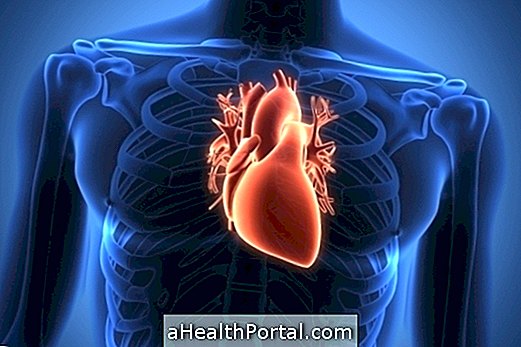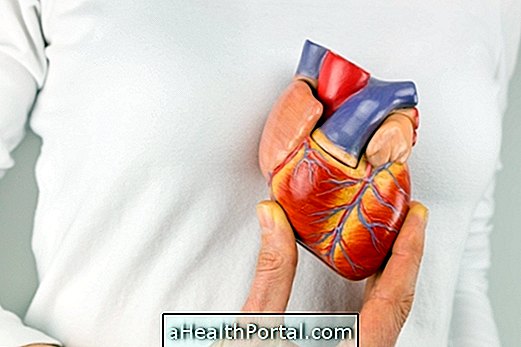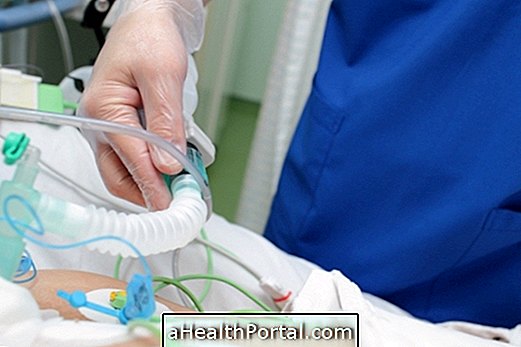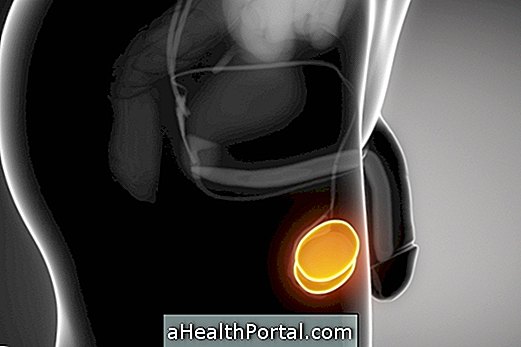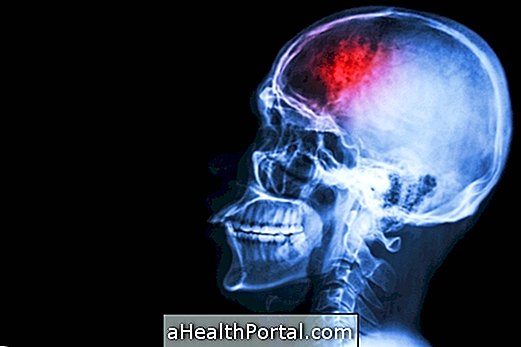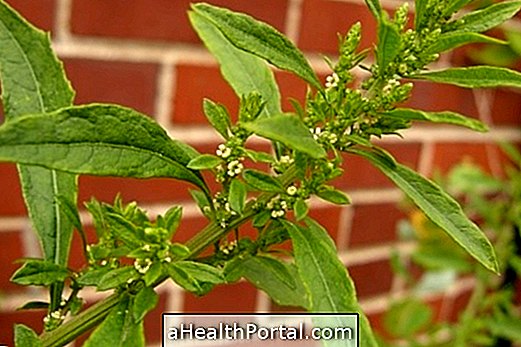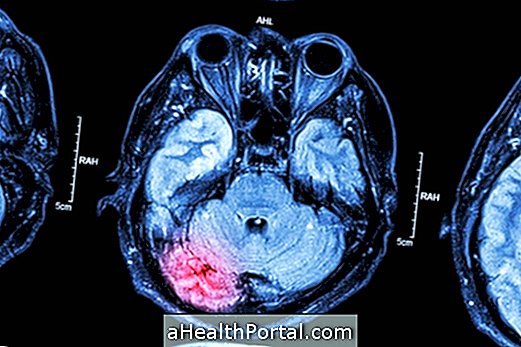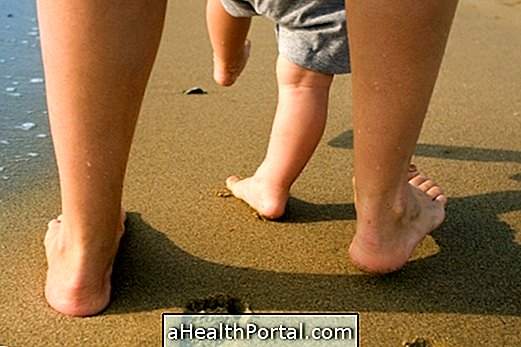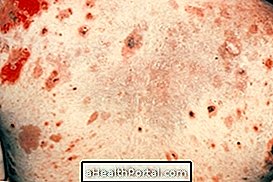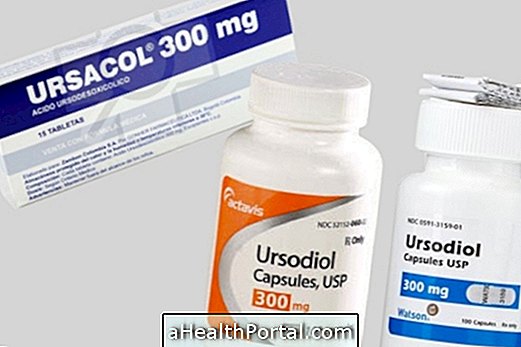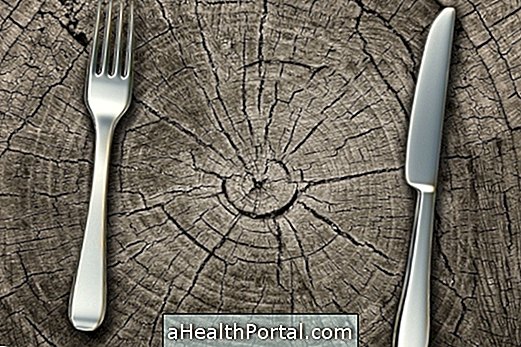Treatment for chronic heart failure should be indicated by a cardiologist and usually includes the ingestion of diuretic medicines such as Furosemide or Hydrochlorothiazide or blood pressure medicines such as Lisinopril or Caverdilol to facilitate the effectiveness of cardiac contraction.
In addition, individuals during treatment should avoid eating a high-salt diet and have moderation in fluid intake to prevent blood from accumulating, making it difficult for the heart to work.
In more severe cases, where the heart is not able to respond to the needs of the body, surgery for valve replacement or heart transplantation may be recommended. Know the risks and how the heart transplant recovers.
Here's how the right foods can help control symptoms and improve quality of life in the following video with our nutritionist:

What is chronic heart failure
Chronic heart failure consists of decreasing the heart's ability to pump blood, caused by problems that lead to reduced filling of the ventricle, such as a heart attack, or that affect heart strength such as high blood pressure.
Generally, patients with chronic heart failure should take lifelong medicine to strengthen heart muscle and reduce symptoms, as well as make regular consultations with the cardiologist.
When treatment of chronic heart failure (CHF) is not adequately performed, the patient may have an episode of acute or decompensated heart failure, which can result in severe complications such as pulmonary edema.
Symptoms of Chronic Heart Failure
Symptoms of chronic heart failure may include:
- Difficulty breathing in exercise;
- Excessive tiredness;
- Rapid breathing;
- Swelling in the legs, abdomen and arms;
- Shortness of breath when lying down;
- Increased heart rate;
- Frequent cough.
The symptoms are related to the excess of fluid in the lungs and, therefore, the patient feels relief when he rests and sits. Get to know all the symptoms of heart failure.


